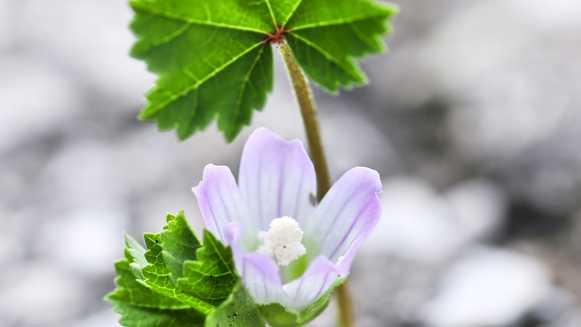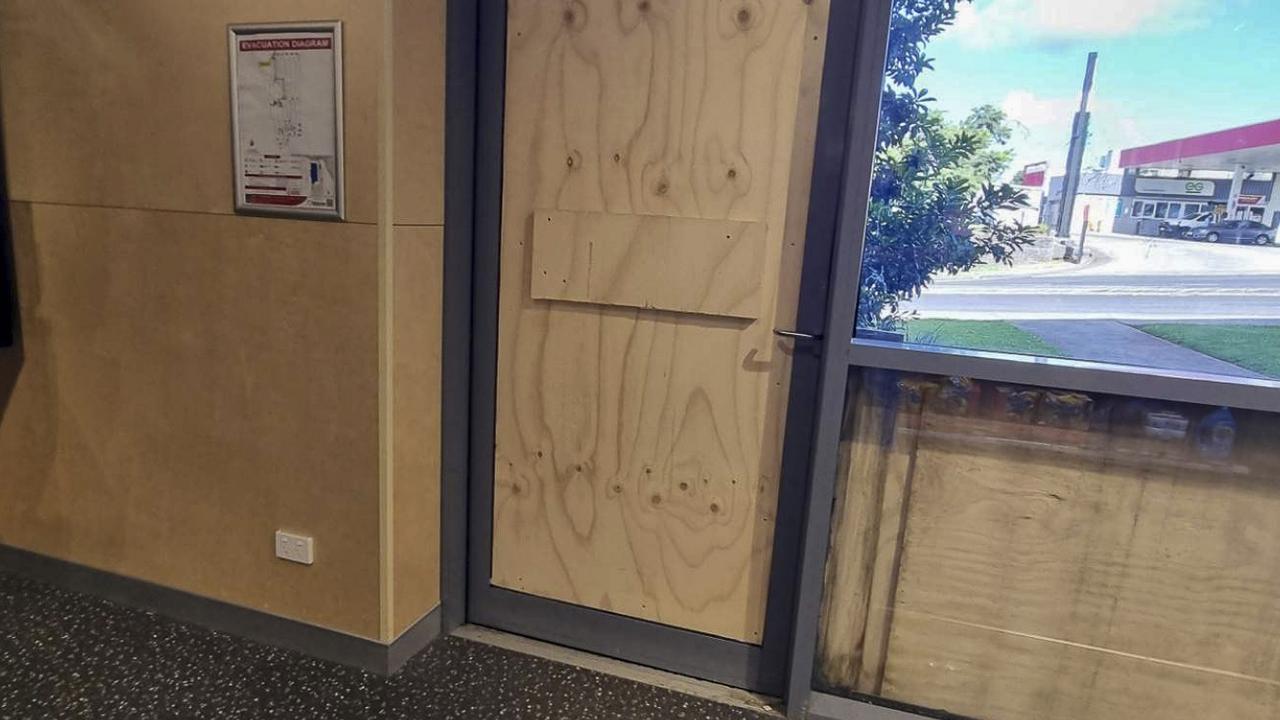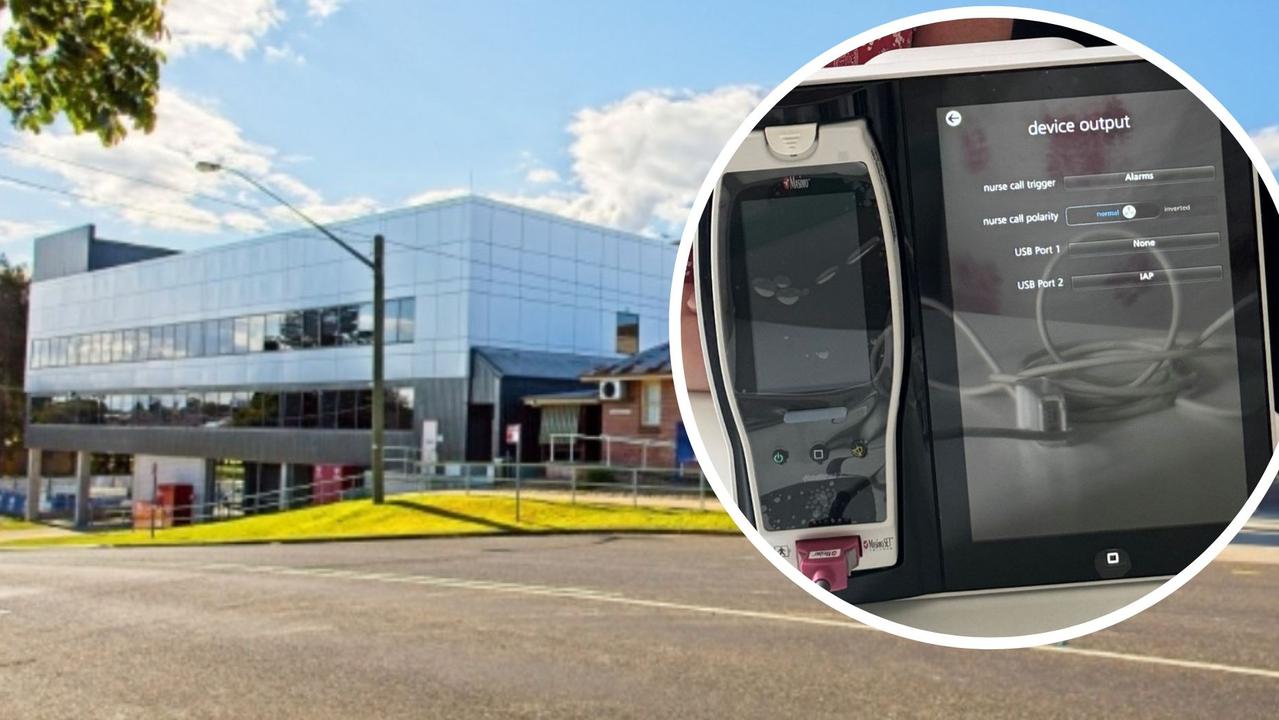Palliative Care Week: Seeing a higher view
At the end, it was an ‘uplifting’ experience.

Tweed Heads
Don't miss out on the headlines from Tweed Heads. Followed categories will be added to My News.
At the end, it was an ‘uplifting’ experience.
However, a couple of months ago I felt ill-prepared for the emotional turmoil that was sure to surface and the decision-making that would be required. I honestly felt like making a run for it.
After 93 years of living a very active life full of work, sport, hobbies and family, Dad wasn’t recovering after an illness and we decided that better care and medical testing were needed. Following admission to hospital and countless medical examinations, he was diagnosed with a terminal illness and given only two months to live.
Of course I didn’t ‘make a run for it’ but trusted that I would be able to stand by his side and learn to deal with all the complexities of this time of life, just as I had before.
We were blessed that he was admitted to the Toowoomba Hospice, for the superb care he received, and because it was there that I learned more about end of life care.
Palliative care addresses the quality of life of people who have been diagnosed with life-limiting illnesses and their families by identifying, assessing and addressing physical, psychosocial and spiritual concerns (Guidelines for a Palliative Approach for Aged Care in a Community Setting). In the genuine palliative approach, their emphasis is on improving living, and they did just that at the hospice: considering the army of community volunteers who did all the cooking, gardening and provided flowers and newspapers for patients and their families, to the very efficient nursing staff who provided professional and compassionate care - day and night.
What struck me most during this time was the urgent need for both patients and their families to consider the meaning of life and what happens after life on earth.
In Australia, in general there is some acceptance in the medical community of the role of spirituality in palliative care, and particularly its positive effect on the mental health of the patient.
Research published in the Medical Journal of Australia suggests that spiritual care is integral for successful ageing, and shouldn’t be an ‘optional extra’ for seniors.
This week is National Palliative Care Week. The message from Palliative Care Australia is that it’s ‘everyone’s business’ to take responsibility for the future, to consider Advance Care Planning, to ask the great questions about the meaning of life.
Some who have been digging into the meaning of life have been buoyed by real-life testimonies about near death experiences, like those encountered by Dr Eben Alexander and Anita Moorjani. Not a religious man, my Dad was certainly intrigued and gladdened by Alexander’s experiences related in his book Proof of Heaven.
Reducing the fear of death that goes hand-in-hand with common assumptions about it makes a lot of sense to authors such as Dr Wayne Dyer. He writes about nurturing a spiritual life and highlights how overcoming the dread of dying is a key factor in good health and long life.
For many, the Bible both speaks to the heart and extinguishes fears about the hereafter. These words from Romans have helped me to see the bigger picture, “... the mind-set of the flesh is death, but the mind-set of the Spirit is life and peace.... I am persuaded that not even death or life … will have the power to separate us from the love of God...!” (Holman Christian Standard Bible).
In general, as I talked with other patients, their families and the health workers in the hospice I found that those who trusted that life would be ongoing after death and had a firm religious faith or spiritual belief coped much better on every level with the concept of death. Many of the very experienced nurses who dealt daily with those passing on, were utterly convinced that life was ongoing after ‘what we call death’. One of them told me that she’d seen countless times at the moment of death, patients communicating with those that had gone before.
The recognition of the value of spirituality can only lead to better mental health and general wellbeing, as I found the case even in the palliative care setting.
Dad passed away peacefully after slipping into unconsciousness a couple of weeks ago. He’d obviously gained some spiritual insights during the last few months of his life, because when I tried to comfort him (and me) a couple of days beforehand by saying that he didn’t need to be frightened about the future, he looked at me intelligently and said, “What’s there to be frightened of?”
Kay Stroud writes on the connection between consciousness and wellbeing. She’s been a regular contributor to APN newspapers for two years and also represents Christian Science to the media and government in Northern Australia.


